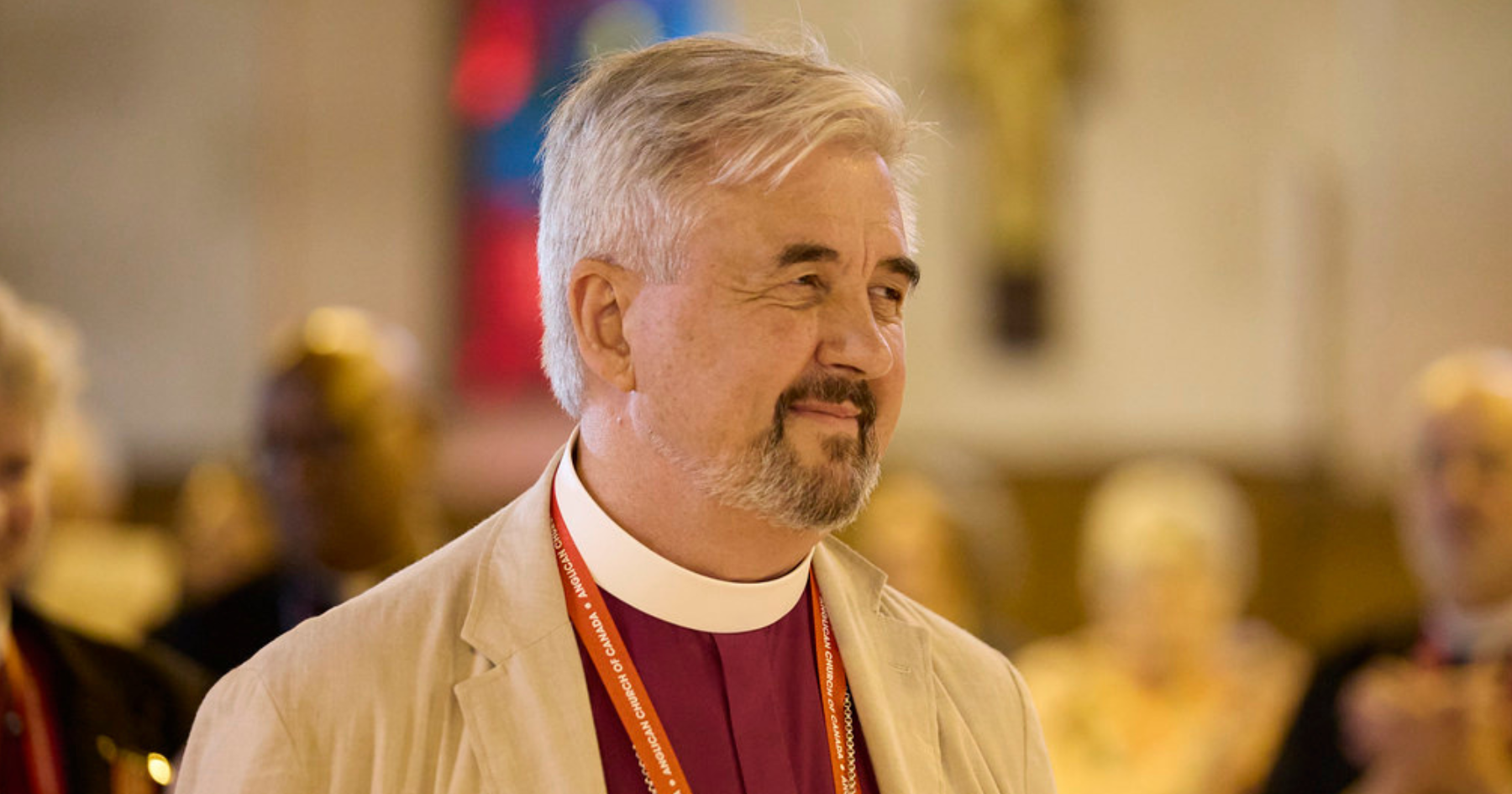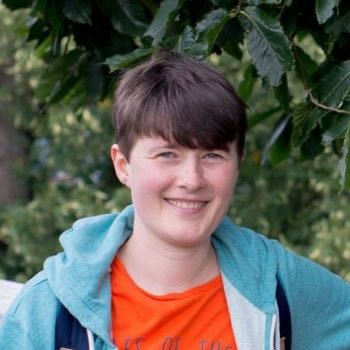The election of a new primate took centre stage at General Synod 2025, held in London, Ontario on June 23-29.
Back in April, the order of bishops selected four candidates for the office of primate: Christopher Harper, Greg Kerr-Wilson, David Lehmann and Riscylla Shaw.
The election was held on June 26, in St Paul’s Cathedral, London, Ontario. The day began with an opening worship, to mark the fact that the election is a process of spiritual discernment.
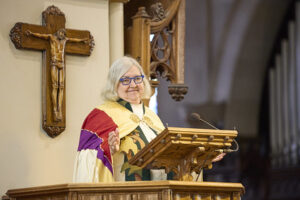
During the opening worship Susan Johnson, who retired from her role as national bishop of the Evangelic Lutheran Church in Canada this year, delivered a short sermon, offering words of encouragement to the primatial candidates and the clergy and laity who would be voting that day.
“The Holy Spirit is here to do her job,” said Susan. “To give you guidance and wisdom and confidence and courage to face this day…. It’s time for us to soar on wings of eagles and to remember that in the end this is God’s church. It’s God’s church and all will be well, and all will be well, and all manner of things will be well.”
After the eucharist, the bishops left the cathedral to sequester themselves away in a hotel across the road where they would be watching a livestream of the election.
Ian Alexander, who is a parishioner in our diocese and has served as prolocutor of the Anglican Church of Canada since his election to the role in 2023, then promptly began proceedings. Ian explained how the election would work.
The orders of clergy and laity were seated on separate sides of the cathedral and their votes would be counted separately. To be elected primate, a candidate must receive a majority of the votes in both orders. Under canon law abstaining from voting is not allowed. There were still several abstentions throughout the election process, but in those cases, there were not enough abstentions to change the outcome of the ballots.
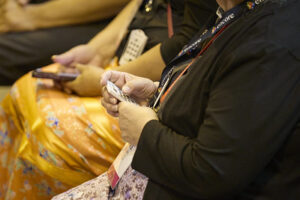
Ian explained that after the second ballot, any candidate who receives less than 10% of the total votes is removed from the ballot. If every candidate receives at least 10% of the total votes, the candidate with the lowest combined vote in both orders is removed. After the second ballot, either order can bring forward a motion to request that the order of bishops nominate more candidates.
After the second ballot, David Lehmann was removed from the ballot and the order of laity put forward a motion to request further candidates from the order of bishops.
According to an article in the Anglican Journal, the mover of this motion was youth delegate Rebecca Michael, who “was concerned two of the candidates whom she saw as the more progressive choices among the original slate might split the vote between them, resulting in another of the candidates, whom she saw as more conservative, taking the lead.”
The motion was successful, and the order of bishops nominated a new candidate: Shane Parker of the Diocese of Ottawa.
After the third ballot, Christoper Harper had the lowest combined vote share and removed himself from the ballot. In the fourth ballot, Shane Parker narrowly missed being elected when he received 52% of the votes in the order of clergy, and 52 out of a possible 104 votes in the order of laity — just 1 vote short of the required minimum of 50% plus one vote needed to push him over the finish line. Gregory Kerr-Wilson received the lowest combined percentage of votes and asked to have his name removed from the ballot.
Christopher Samson, a member of the order of clergy, then put forward another motion for more candidates. He told Synod this was because he and other clergy members felt “in good conscience we can’t vote for either of the remaining candidates” though he didn’t state why.
That motion failed, leaving just Riscylla Shaw and Shane Parker on the fifth ballot. Shane Parker was then elected with 65% of the votes in both the order of clergy and laity. The bishop’s bell, which is only rung upon the election of a Bishop of Huron, was ringing during the announcement of Shane’s election.
Shane Parker then led the bishops back into the cathedral to a round of applause. Ian Alexander presented Archbishop Shane with a wooden cross and the then primate-elect was reminded of his baptism with water collected from every diocese, including our own.
Offering a few words, Archbishop Shane told of how, as a child, he had played in the insulation that was waiting to be installed in the attic of St Mary Magdalene in Fort Nelson. Using this as a metaphor, he spoke of how “insulation can be helpful, and insulation can insulate us. It can insulate us from God. We can be insulated from one another. We can even be insulated from our truest selves.
“Our church at this time needs to remove a lot of insulation. We need to feel the cold and the heat, and the wind and the fire. We need to understand our context without the insulation that has built up over so many years: insulation between us and the world around us, between us within our church, between us as human beings.
“The next three years will be a time of removing insulation so we can feel the Holy Spirit, so that we can feel and hear one another and so that we can have the courage to create the church that we must be at this point in time.”
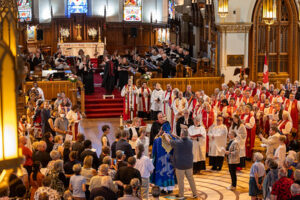
Archbishop Shane will turn 70 in May of 2028, raising concerns that there would then be a short period with an acting primate before the next General Synod. However, chancellor Clare Burns clarified that General Synod 2028 could be held before the primate’s birthday.
Prior to his election as primate, Shane Parker was the bishop of the Diocese of Ottawa. Indeed, Shane has spent his entire ministerial and episcopal career to date in that diocese. His biography mentions his commitment to reconciliation with Indigenous Peoples and his close ties with the Diocese of Jerusalem.
During his time as bishop of Ottawa, Archbishop Shane led significant change in the culture, structure and operations of the Diocese of Ottawa, and it looks as though he will be applying this experience to his role as primate. In his statement of his vision of the role of primate, Archbishop Shane writes that there is an urgent need for major changes in the national structure, operations and culture of the Anglican Church of Canada.
Archbishop Shane’s installation took place on June 29 at St Paul’s Cathedral, closing out the week-long General Synod. The Anglican Journal has published an article about the service, and a recording is also available to watch. A video recording of the election is also available.

